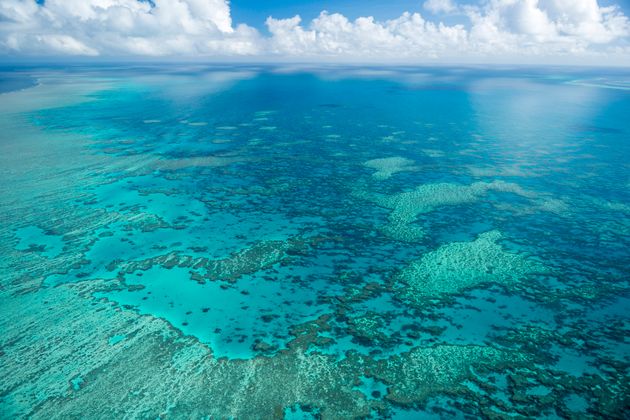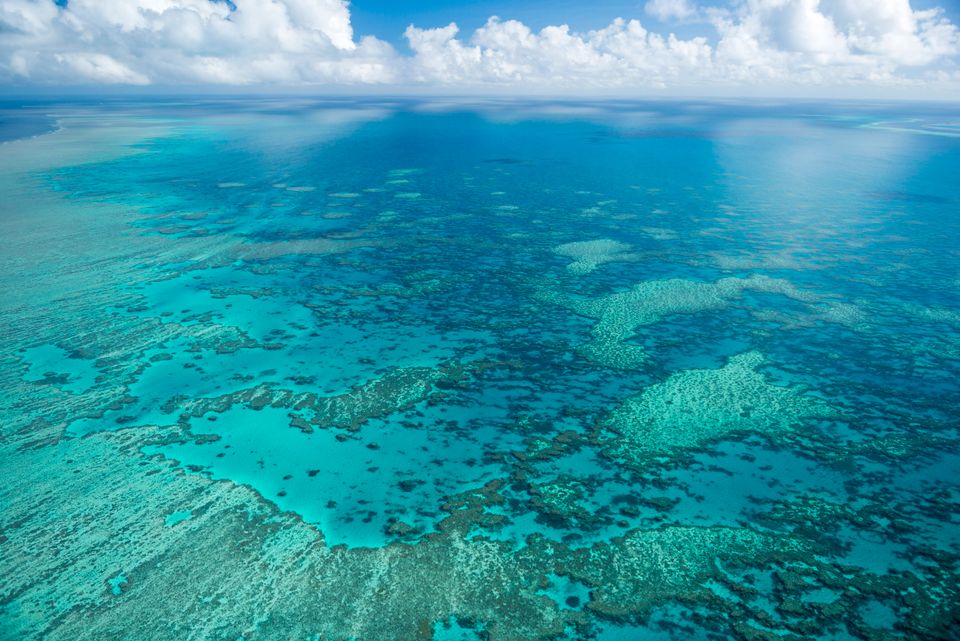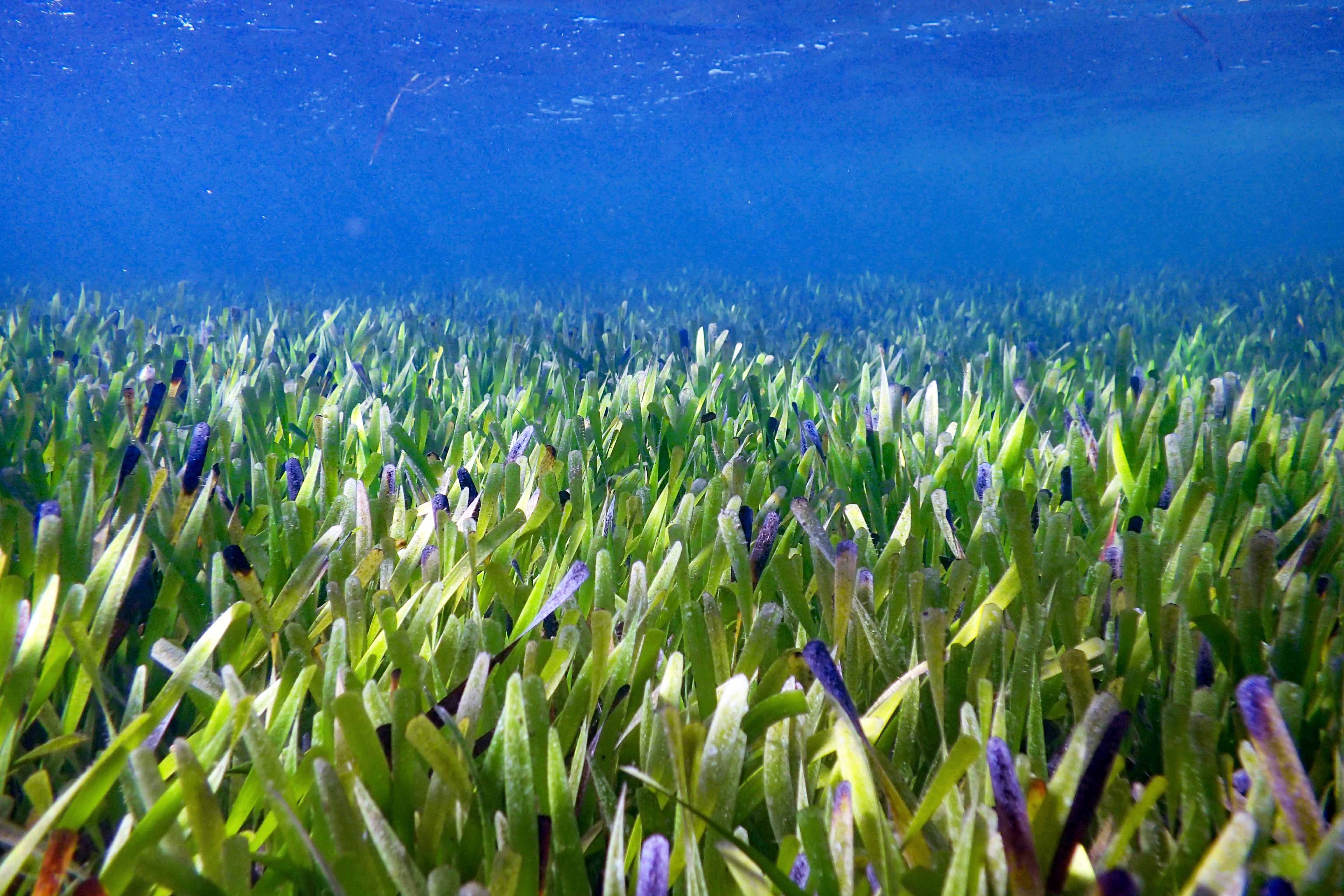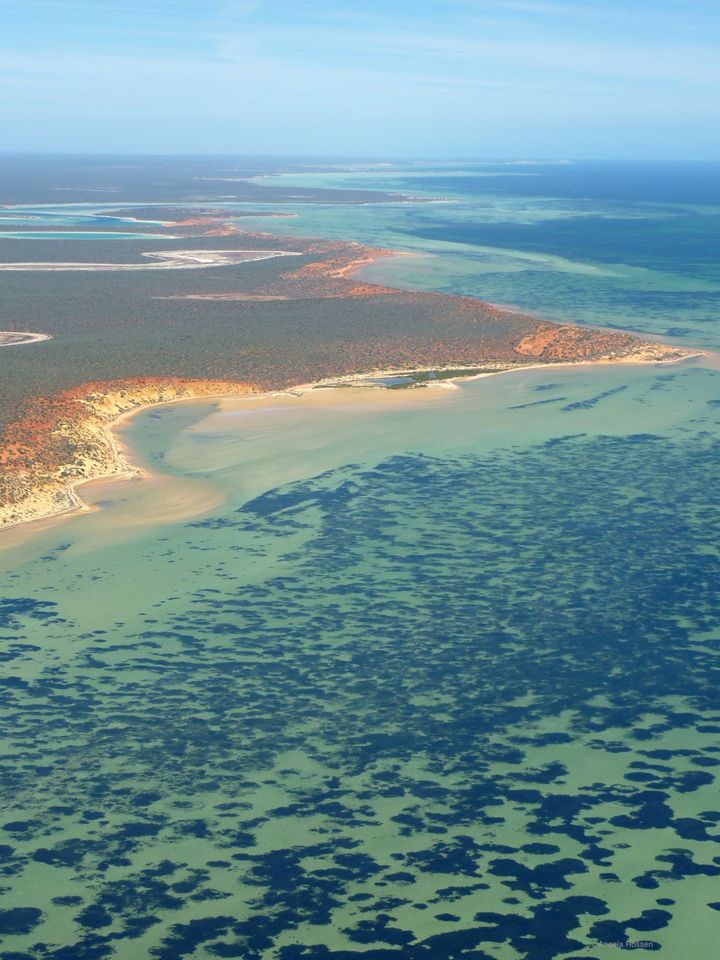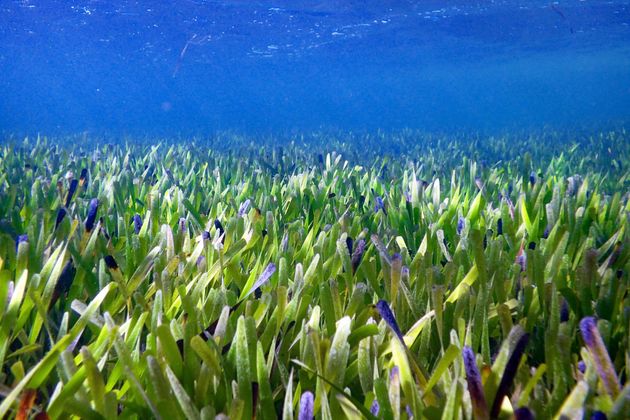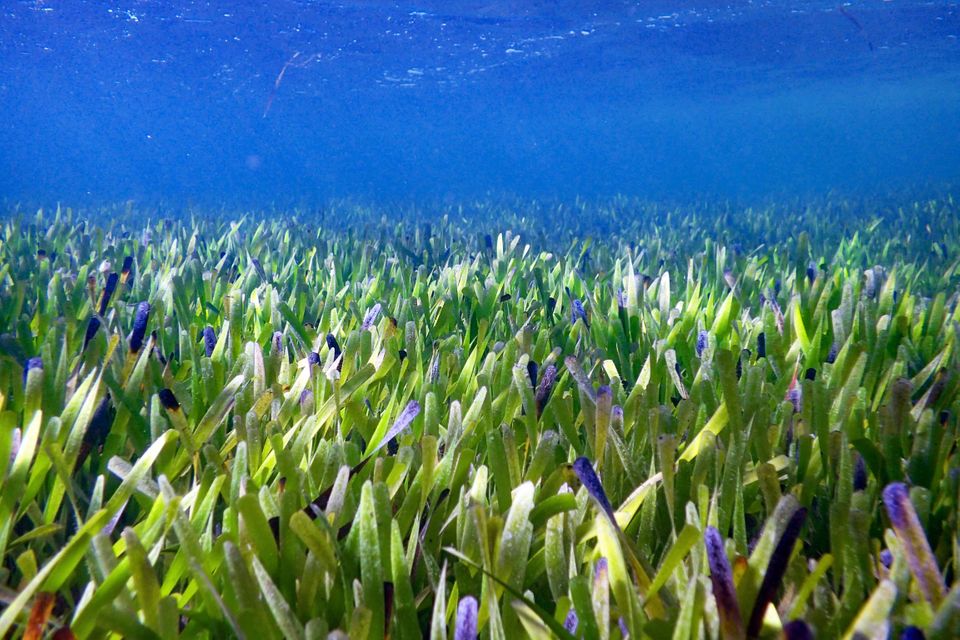The climate news of late has been terrifying. Volcanic eruptions, heatwaves and drought, to name just a few.
But, amid all the anxiety-inducing headlines, there is a spot of hope – Australia’s Great Barrier Reef appears to have recovered, ever so slightly.
Advertisement
What happened to the reef before?
The world-heritage site has been suffering from mass bleaching, essentially killing the coral which grows there.
Mass bleaching typically happens when delicate coral polyps are effectively cooked by unusually warm waters. When coral is bleached, it turns white, although it can recover if water temperatures return to normal.
However, if the warm water stays for too long – often a consequence of the climate crisis – large areas of the reef can die.
The Great Barrier Reef Marine Park Authority has explained before that bleached coral “is stressed by still alive”.
Advertisement
Bleaching has occurred repeatedly since 2016.
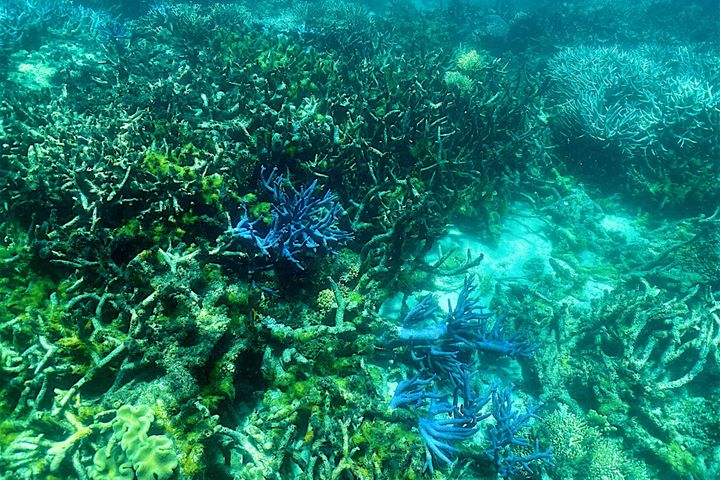
GLENN NICHOLLS via Getty Images
What’s happened now?
A long-term monitoring programme has found two-thirds of the famous reef now have the largest amount of coral cover seen in 36 years, suggesting it has recovered from previous bleaching.
The progress has occurred in the central and northern stretches of the reef, although the southern region is still struggling, according to the Australian Institute of Marine Sciences.
“What we’re seeing is that the Great Barrier Reef is still a resilient system. It still maintains that ability to recover from disturbances,” programme leader Mike Emslie said.
In the northern region, the hard coral cover soared tot 36% in 2022, up from 13% in 2017.
The central region coral cover climbed to 33% from 12% in 2019.
Both of these areas are recording the highest levels since they started being monitored in 1985.
It’s not all good, though
As with all climate news right now, we still should not be complacent.
In the southern region of the reef, in 2021 the coral cover was 38%. It fell to 34% in 2022.
Emsile told Reuters that, while the recovery of the northern and central regions is encouraging, “the frequency of these disturbance events is increasing, particularly the mass coral bleaching events”.
Advertisement
There has been four mass bleaching incidents in the last seven years – one of which was during a La Nina event, which is an oceanic phenomenon which brings the cooling of surface ocean waters.
Even in the areas of more reassuring growth, there are concerns it will not be sustainable. The recovery has been driven by Acropora corals, which are vulnerable to wave damage, heat stress and crown of thorns starfish.
“We’re really in unchartered waters when it comes to the effects of the bleaching and what it means moving forward,” Emslie said. “But as of today, it’s still a fantastic place.”
The United Nations Educational, Scientific and Cultural Organisation (UNESCO) is still considering whether to list the site as “in danger”. The World Heritage Committee was set to discuss the fate of the reef in June in Russia, but it has since been postponed.

